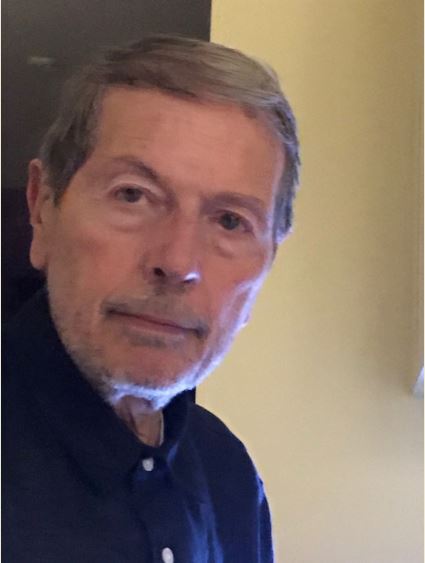Need Help?
13 August 2021
Meet the Editors | Interview with Prof. Dr. Antonino Carbone—Editor-in-Chief of Hemato

Name: Prof. Dr. Antonino Carbone
Affiliation: Professor of Pathology, Former Chairman of Department of Pathology, Centro di Riferimento Oncologico (CRO) Aviano, National Cancer Institute, Aviano, Italy
Interests: hematopathology; Hodgkin lymphoma; non-Hodgkin lymphoma; HIV-associated lymphoma; virus-associated lymphoma; post-transplant lymphoma; pathology; immunohistochemistry; tumor microenvironment; telepathology
Part I—Regarding the journal Hemato:
- What appealed to you about the journal Hemato that made you want to take the role as its Editor-in-Chief?
Two things mainly appealed to me about the journal Hemato.
The first was that, being a new journal independent of scientific societies associated with single disciplines, there was an occasion of building an editorial board consisting of scientifically recognized researchers and professionals belonging to different disciplines, but with converging scientific and research interests in hematology.
The second is to have the possibility of choosing new scientific and editorial strategies with the help of an Assistant Manager, the precious Carey Yuan, who keeps in contact with the economic and administrative staff that is under the responsibility of the publisher.
- In your work as the Editor-in-Chief, what do you find especially rewarding?
I find the interest that the journal has sparked among hematological researchers and readers in just a short period of time especially gratifying. I am very grateful to the authors who have submitted their brilliant works over the past year, in spite of the pandemic.
I greatly admire the relationship of mutual trust and esteem between the members of the Editorial Board. With the members of the Editorial Board, we have built a section of the journal dedicated to the critical review of the most stimulating works published by top international journals. With the Section Editors, who manage sections of the journal according to different topics of the hematological discipline, we have created special honorary issues concerning the outstanding protagonists of international hematological research. This initiative has been a source of great emotion.
- What do you think of the future of Hemato? What do you expect from this journal? What perspective do you think the journal will bring to the related fields?
Hemato is, and will increasingly be, a journal that welcomes and stimulates interdisciplinarity in research and treatment in hematology. I think the future of Hemato is closely linked to the development of translational studies that will involve immunology, blood cancers, coagulation and inflammation. In accordance with this evolution of knowledge, I think that the journal will play a role in transferring knowledge to the immunotherapy, both in oncology and in internal medicine. The journal could have particular relevance not only to specialists and researchers, but also medical students and practitioners.
Part II—Regarding the main fields of interest:
- Can you share your career development story briefly? For example, what cases have influenced you the most?
The starting point of my scientific career was a strong interest in oncological diseases. In this context, I was particularly impressed by the diseases of uncertain nature and in diseases at the borderline between inflammation and cancer. To me, Hodgkin lymphoma represented a unique model of this condition. I studied this disease using all the technologies available in histopathology that have occurred over time. These methodologies, among which I mention classical morphology, immunohistochemistry, in situ hybridization and molecular biology, have in turn represented and still represent my research tools. I have given particular attention to their development to optimize their routine application in research and in patient management.
- As a researcher in hematopathology and lymphoma, what are the latest developments in your field?
The latest developments in my field of interest concern the identification of histopathological and/or genetic disease variants that may be correlated with refractoriness to conventional therapy (for example, refractory or relapsed Hodgkin lymphoma) or with a particularly aggressive evolution in the affected patient (for example, transformed follicular lymphoma). Conventional immunohistochemistry may be coupled with immunofluorescence or multiplexing immunohistochemistry to recognize these variants.
As far as oncogenic viruses and hematological tumors are concerned, much knowledge has been determined by the HIV epidemic, which has represented an intense and continuous field of interest to me. The identification of several hematological diseases linked to HIV, EBV and KSHV has impacted the classification of lymphomas and the treatment of these patients. Today, the management and treatment of these patients are the same as those of patients with non-virus-related diseases.
- Do you have any valuable suggestions that you would like to share with young researchers?
As with the athletes who participated in the Olympics, young researchers must have enthusiasm, pay attention at school, look up to the seniors and study continuously. I suggest that young researchers choose a skilled scientist to learn from, at a well reputed institution that offers extensive experience in a research field of broad interest and health impact.

